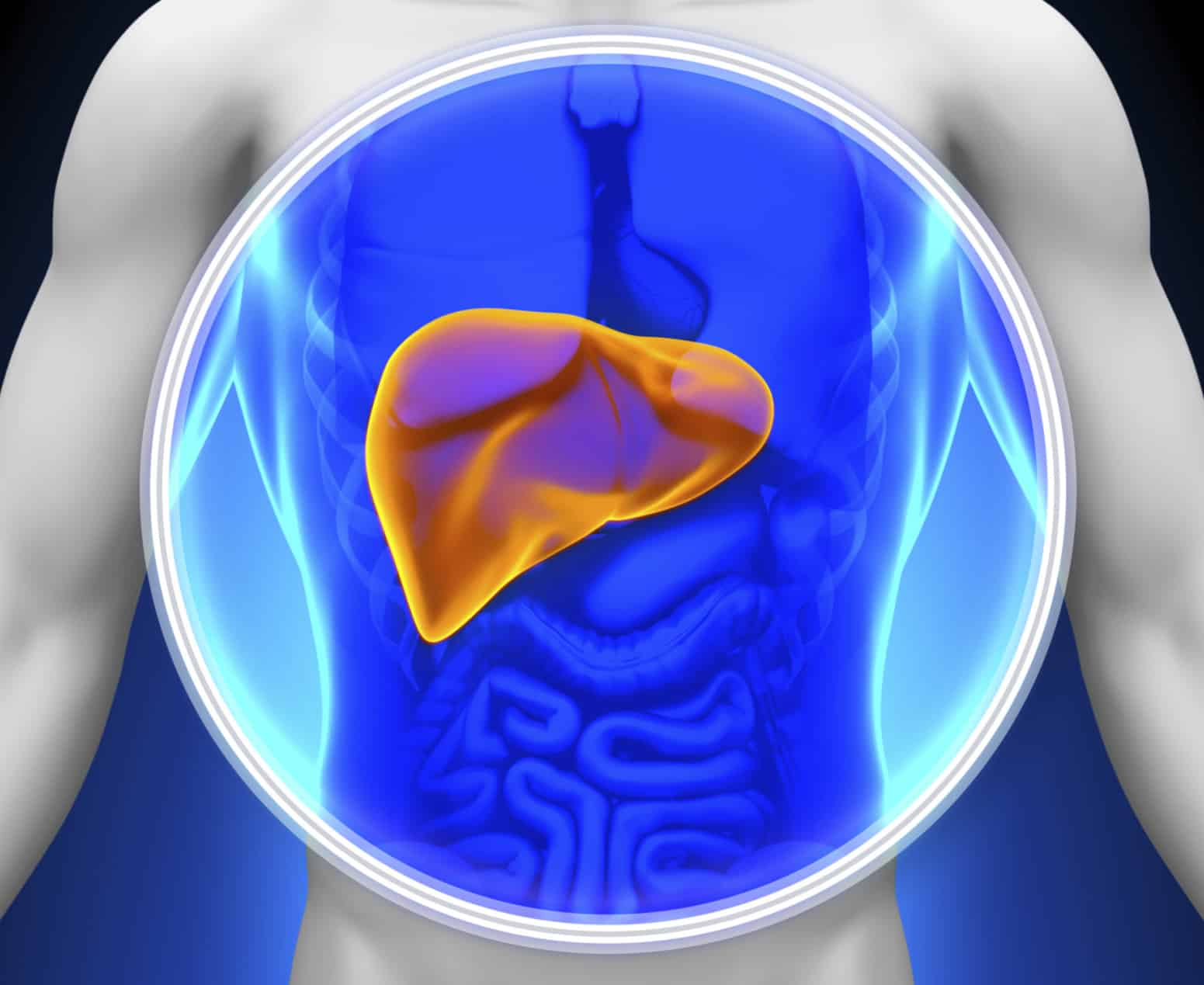In a first, a study appearing in the Journal of Clinical Investigation (JCI) today details how the deletion of a gene- GATA4-plays an important role in the development of liver cancer, the second leading cause of cancer deaths worldwide.
A clinician scientist-led research team from the National Cancer Centre Singapore (NCCS) and their US partner from the Cleveland Clinic, have discovered that the gene, GATA4, which is essential for the normal development and functioning of the liver, when lost could affect the normal liver development and expose the liver to significant risk of cancer development. It was also found that the loss of GATA4 results in abnormal cellular machinery and division, caused unstable cells with wide-ranging negative effects.
Associate Professor Toh Han Chong, deputy director and senior consultant at National Cancer Centre Singapore, is the leader and co-senior author of the study. A/Prof Toh said: “In the last many decades of liver cancer research, the molecular understanding of this disease has not led to many therapies which impact on patient survival. We hope that this new finding will light up a treatment path towards greater benefit and outcomes for liver cancer patients.”
Professor Yogen Saunthararajah, co-senior author of the study, staff clinician, and professor at
Cleveland Clinic, USA, said: “Liver cancer, or hepatocellular carcinoma (HCC), is the world’s second leading cause of cancer death. For the past decade or so, there has only been one drug approved for the treatment of liver cancer, which is sorafenib. If we are to develop new and more effective treatments, a crucial first step is to understand how the instructions for liver assembly go wrong and make liver cancer instead.”The team, which has just been awarded a research grant by the National Medical Research Council (NMRC), in the future, plans to dive much deeper into vital mouse-to-man studies on how GATA4 loss leads to such major instability to normal cells and its surrounding environment.



























